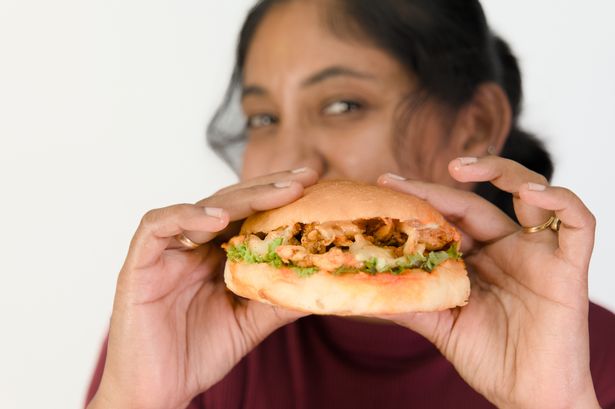Nutrition Expert Warns Against ‘Cheat Days’ for Health Goals

As the festive season approaches, a nutritional therapist has raised concerns about the potential dangers of ‘cheat days’ for those striving to maintain a healthy diet. Kerry Beeson, a qualified nutritional therapist at Prep Kitchen, emphasizes that these days off from a structured diet can inadvertently derail progress if not managed carefully.
Many individuals turn to cheat days as a way to reward themselves for adhering to a strict meal plan. This practice often stems from the perception that diet meals can be unappetizing and overly restrictive. Beeson explains that cheat days offer a psychological break, allowing people to indulge in foods they typically avoid. She notes, “If someone’s overall diet plan is satisfying, a cheat day can help them stay on track the rest of the time.”
Research indicates that occasional increases in calorie intake might stimulate leptin and other hormones related to satiety, potentially aiding metabolism and enhancing feelings of fullness. Yet, Beeson underscores that the evidence remains inconclusive, with results varying based on individual body composition and fitness levels.
The primary concern arises when cheat days lead to binge eating. Consuming excessive calories—especially from highly processed foods and alcohol—can negate the week’s progress. This cycle creates a pattern that can be both emotionally and physiologically taxing.
For instance, Beeson highlights, “Sugary foods can affect blood sugar levels, causing highs followed by dips that may lead to low mood and cravings for more sugary foods.” She warns that the label of a ‘cheat day’ may foster guilt, contributing to a negative mindset about food.
Furthermore, studies indicate that cycles of restriction followed by binge eating can increase the risk of disordered eating behaviors and detrimental self-image. Cheat days may encourage yo-yo dieting or create an unhealthy fixation on food restriction, leading to feelings of guilt after indulging.
Beeson advises that if healthy eating becomes a source of stress rather than empowerment, individuals should seek support from a nutrition professional. Maintaining regular healthy eating patterns is essential for stabilizing digestion and blood sugar levels, which can help in developing a more positive relationship with food.
Eating should be a pleasurable experience that nourishes both the body and mind. Beeson suggests that over time, choosing healthy yet delicious foods can help recalibrate cravings for unhealthy options. She encourages mindfulness in eating, advising individuals to savor their meals to allow satiety hormones to function effectively.
In light of the upcoming winter festivities in the UK, including celebrations such as Christmas, Diwali, and Hannukah, people may feel pressured to stick strictly to their diet plans. However, Beeson reassures that occasional indulgences are unlikely to have a significant impact on overall health.
She emphasizes the importance of making healthy choices even during celebrations, suggesting that individuals can enjoy the season without compromising their health goals. By leaving room for occasional treats and managing stress or comfort eating effectively, one can create a balanced approach to nutrition that aligns with both enjoyment and well-being.






